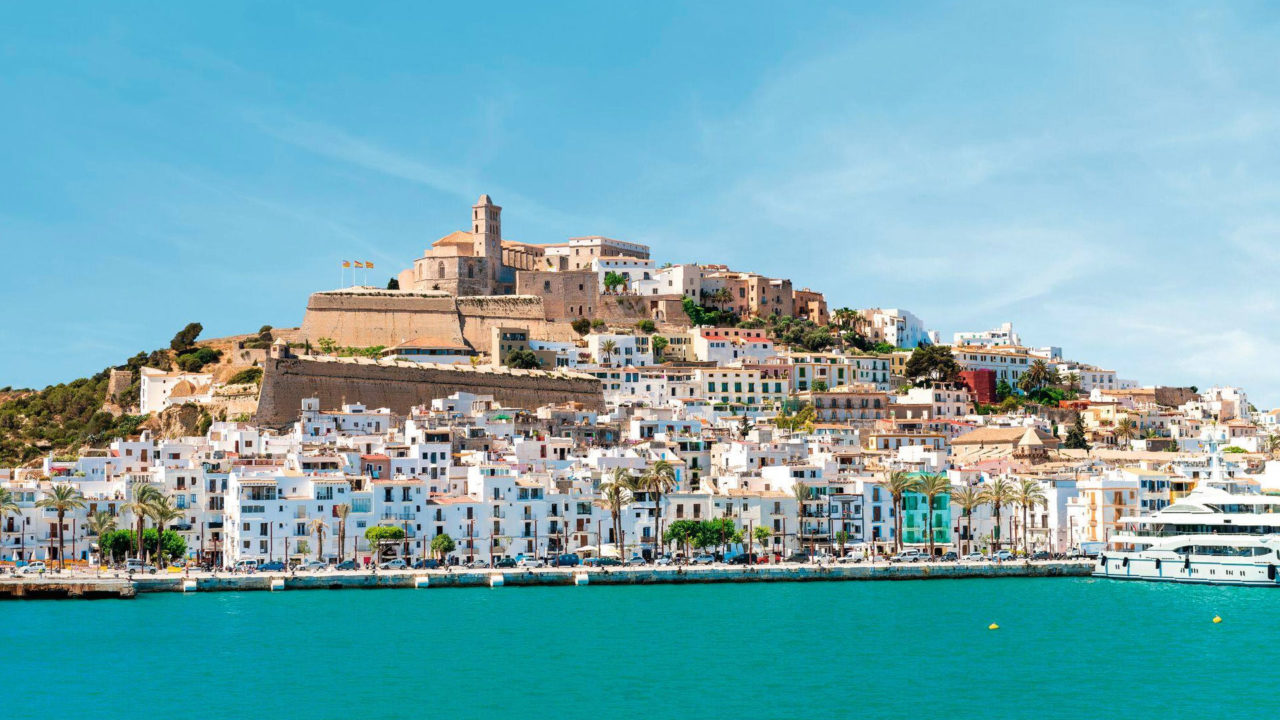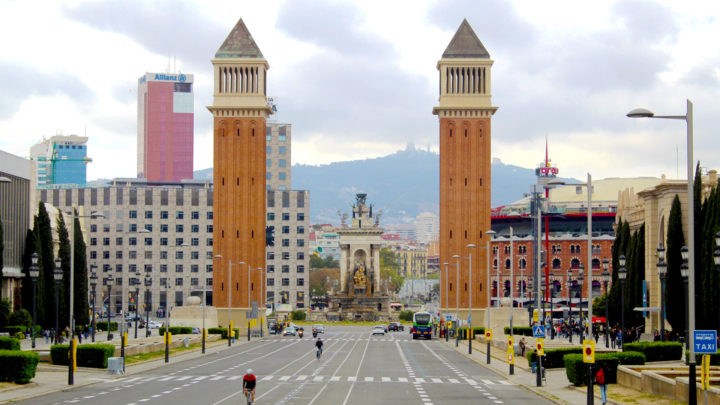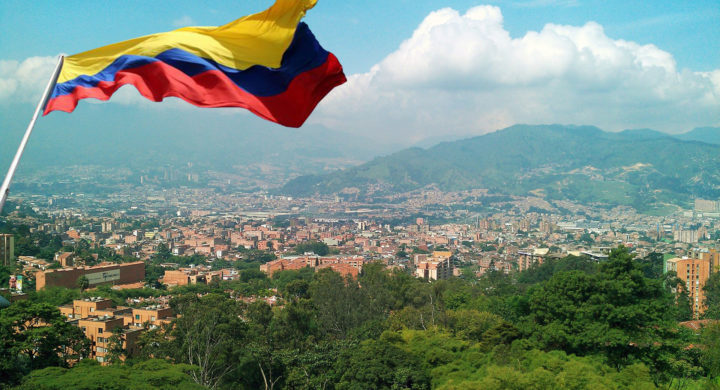Spain and Germany are launching an experiment to confirm the feasibility of resuming tourism with strict measures against coronavirus disease 2019 or COVID-19. Both nations agreed to reopen the Balearic Islands – Ibiza, Mallorca and Menorca – starting June 15 and invite up to 10,900 German tourists over a two-week trial period. German company Touristik Union International (TUI), one of the largest in the travel world, heads the initiative.
The trial will show whether or not the tourism industry can resume in the region without running the risk of prolonging the pandemic. The results could determine the revival of tourism across the nation, an industry that generates 12 percent of Spain’s gross domestic product (GDP).
About Ibiza, Mallorca and Menorca, the Balearic Islands
The Balearic Islands archipelago is one of Spain’s most attractive and popular tourist spots. Travelers from other European nations and the rest of the world frequent the area, especially Ibiza, in order to enjoy its heavenly beaches and energetic nightlife.
Within Spain “we are the first region to offer tourism in safe conditions,” according to Francina Armengol, president of the Balearic Islands Government. Armengol explained that Germany was specifically chosen for this trial because of its swift response to COVID-19, imposing strict health controls against the threat.
While countries such as the United States have lost almost 115,000 people to the pandemic, the coronavirus death toll in Germany barely reaches 8,700. This represents a percentage five times lower than that of the United Kingdom and a quarter less than Italy. Spain, one of the hardest hit nations, has an offcial count of approximately 23,000 deaths to date. However, the Balearic Islands represent a very low percentage of that figure, as their local government took strict early measures like the Germans.
COVID-19 Tourism Measures Around the Globe
The Balearic Islands trial is just one of several recent initiatives launched in order to revive the tourism economy affected by COVID-19. For example, many airlines resuming service now prohibit flying without a protective mask or occupying the middle seat in each row. Also, tourism authorities in Japan have offered to subsidize half of their tourists’ travel costs, provided they are citizens or legal residents of the country.
In India’s case, the government is gradually reopening its monuments, religious temples and shopping centers. Meanwhile, Egypt reopened its borders to travelers, on the condition that they take appropriate preventive measures. Egyptian hotels are prohibited to serve buffet meals or exceed 25 percent of their total accommodation capacity.
These measures are a good first step to reopen the world to travelers. Still, to those withing risk groups or who are not yet convinced, we recommend that you wait a little longer or enjoy the wonders of virtual tourism.




